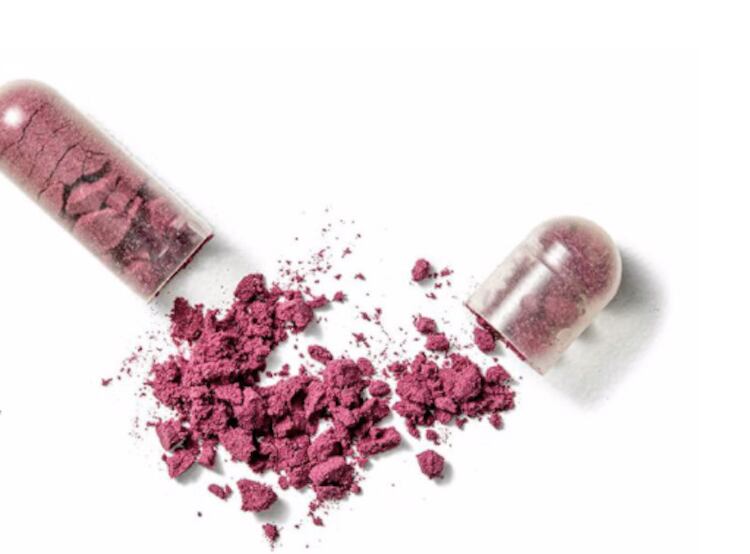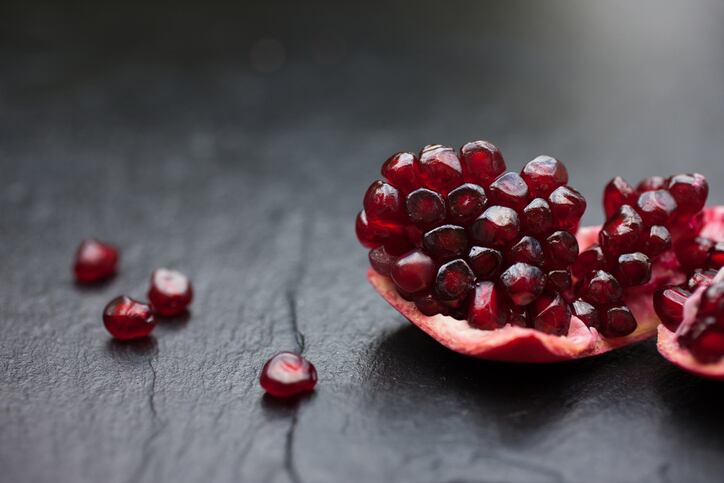Plant tissue culture is an idea that has been around for decades, mostly for agronomical use. This could include the rapid propagation of species that reproduce infrequently and/or produce small numbers of seeds, such as some orchid species.
The idea of isolating the ‘factories’ found in botanicals that produce the bioactive chemicals of interest to the dietary supplement industry is more recent, but is also not a novel idea. The attractions of the approach are many; in theory a cell tissue line could produce more bioactives more quickly than could be done by growing, harvesting and extracting plants. And—also in theory—those bioactives could be produced in a highly pure state, requiring little to no downstream processing to arrive at the final formulation.
Getting over the scaling hurdle
But while this has been demonstrated at bench scale, the problems with trying to move to commercial production has felled more than one enterprise. It has proven difficult to maintain the integrity of the plant tissue lines, and avoid both contamination of the culture and degradation of the performance of the cells themselves over time. Plants contain myriad biological feedback mechanisms that keep all of their ‘working parts’ in order. It’s a communication system that has proven challenging to replicate in a petri dish.
The development of BioHarvest’s technology, which the company dubs ‘biofarming,’ has been protracted. NutraIngredients-USA first reported on the company in 2015, when its red wine grape-derived supplement called VINIA was first made public. At that time the company was said to have been in a development stage for more than a decade.
But BioHarvest CEO Ilan Sobel said the promise of the technology and the benchmarks the company has been able to achieve have attracted more than $55 million in recent funding.
“We are a biotech company that has a passionate focus on ulocking the secrets of cellular biology when it comes to plants,” Sobel told NutraIngredients-USA. “We see ourselves as leaders in plant tissue cell culture.”
“Through the proof of concept we have 14 patents today and many more in process,” he added.
Making cell lines better
Sobel said one of the things that has set Bioharvest’s approach apart is that the company has found ways not only to propagate the cell lines and maintain their purity, but also over time to select the best performing examples and cultivate those further. In that way, the company can arrive at cell lines that perform better than they would in the parent plant.
The company’s first product to market is VINIA, a product made from cells taken from the skins of red wine grapes. Sobel said the ingredient is the first on the market to include a high amoutn of what the company calls ‘piceid resveratrol.’
The company claims research done on the ingredient shows that it has a dual effect in both both reducing the endothelin 1 (ET1) enzyme as well as increasing the nitric oxide (NO) molecules, in order to increase the dilation of arteries and thereby improve blood flow. The presence of ET1 constricts the blood vessel, whereas the presence of NO dilates it.
Human bodies produce more ET1 (a vaso-constrictor) and less NO (a vaso-dilator) as they age, causing arteries and blood vessels to constrict and stiffen. This stiffening can reduce blood flow, which impacts the functioning of many of our body's organs as it reduces the supply of oxygen and nutrients carried by the blood to the entire body and its tissues. The company believes VINIA could therefore act as an important anti-aging supplement.
Technology applied to additional markets
Sobel said a major attraction for investors is that BioHarvest has not only demontrated that the technology works, but that it is cheap, as well.
“Our grape cells produce 100 times more than what you would find in a regular grape,” he said.
The company is well on the way to building a commercial scale production plant, Sobel said. It is also well along in producing various cannabinoids via the production method, and it expects to have commercial quantities of those available sometime in 2022.
“The cost will be fraction of what it custs current operators today,” Sobel said.




